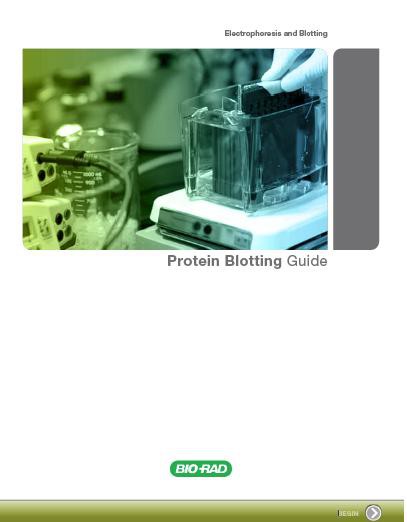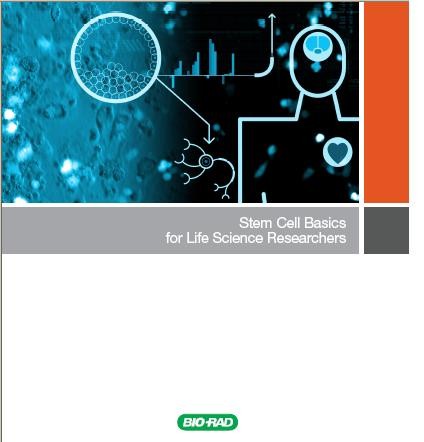:: Posted by American Biotechnologist on 08-10-2011
GenomeWeb News is reporting that the National Institute of Diabetes and Digestive and Kidney Diseases will award up to $15 million next year in grants to fund Diabetes Research Centers that will conduct a range of ‘omics-based and other interdisciplinary and translational research efforts.
Click here for more.
:: Posted by American Biotechnologist on 08-07-2011
Stem cell scientists, do not despair! Despite concerns over iPSC-derived teratomas and altered genomic and epigenomic states, researchers at UC Davis have written a roadmap for finding solutions to the problems identified with iPSCs which has been published last week in the journal Cell.
According to Paul S. Knoepfler, UC Davis associate professor of cell biology and human anatomy:
iPSCs offer the potential to treat many diseases as an alternative or adjuvant therapy to drugs or surgery. Problems that have been identified with their use likely can be overcome, allowing iPSCs to jump from the laboratory dish to patients who could benefit from them.
To read more click here.
:: Posted by American Biotechnologist on 08-03-2011
Yesterday, we told you about a study that found that family physicians are ill-prepared when it comes to diagnosing and treating patients based on their genomic data. As a follow up to that story, I’d like to bring your attention to a recent post by W. Gregory Feero, MD, PhD on KevinMD which talks about the overwhelming growth of genomic data and how the pace of discovery is far exceeding the capacity of the health care system’s IT infrastructure.
According to Dr. Feero, medical record keeping in the United States is a far cry away from being able to house the hundreds of petabytes of genomic data that will eventually need to be stored in their systems. Furthermore, upgrading to compatible systems are bound to be prohibitively expensive. He also postulates that the falling cost of genome sequencing might make it cheaper to sequence individual data on an as-needed basis as opposed to storing the data en-masse.
For further reading visit Data overload and the pace of genomic science
tags: biomarker, biotechnology, gene therapy, genomics, Grant Funding, life science funding, NIH, personalized medicine, research funding, science, science funding
:: Posted by American Biotechnologist on 08-02-2011
Ten years after the mapping of the human genome—the biologic blueprint that makes each of us who we are—US physicians admit being ill-prepared to address the day-to-day challenges of this rapidly emerging area of personalized medicine. That is one of the surprising conclusions of a landmark study of 800 US physicians conducted by CAHG, a leading professional healthcare communications agency.
Click here to read more.
:: Posted by American Biotechnologist on 04-05-2011
Scientists from the Morgridge Institute for Research, the University of Wisconsin-Madison, the University of California and the WiCell Research Institute moved gene therapy one step closer to clinical reality by determining that the process of correcting a genetic defect does not substantially increase the number of potentially cancer-causing mutations in induced pluripotent stem cells.
Their work, published in the online edition of the journal Proceedings of the National Academy of Sciences and funded by a Wynn-Gund Translational Award from the Foundation Fighting Blindness, suggests that human induced pluripotent stem cells (iPS) altered to correct a genetic defect may be cultured into subsequent generations of cells that remain free of the initial disease.
However, although the gene correction itself does not increase the instability or the number of observed mutations in the cells, the study reinforced other recent findings that induced pluripotent stem cells themselves carry a significant number of genetic mutations.
In brief, scientists produced iPS cells by episomal reprogramming, corrected a disease-causing mutation by homologous recombination and removed the puromycin cassette that was used for gene selection using Cre recombinase.
Results of the study indicate that both homozygous recombination and cassette removal did not increase the iPS mutational load. Nonetheless, the initial induction of primary dermal fibroblasts into iPS cells lead to a fairly substantial mutational load at the time of derivation.
This study is important in that it demonstrated that downstream cloning events do not introduce further mutations into iPS cells which can be a source of tremendous therapeutic value. Nonetheless, it is important for further studies to focus on reducing mutational events caused by iPS induction which may be a serious drawback to introducing iPS therapy into the clinic.
Sources:
Howden S et al, (2011) Genetic correction and analysis of induced pluripotentstem cells from a patient with gyrate atrophy. PNAS
and
Wisc
















